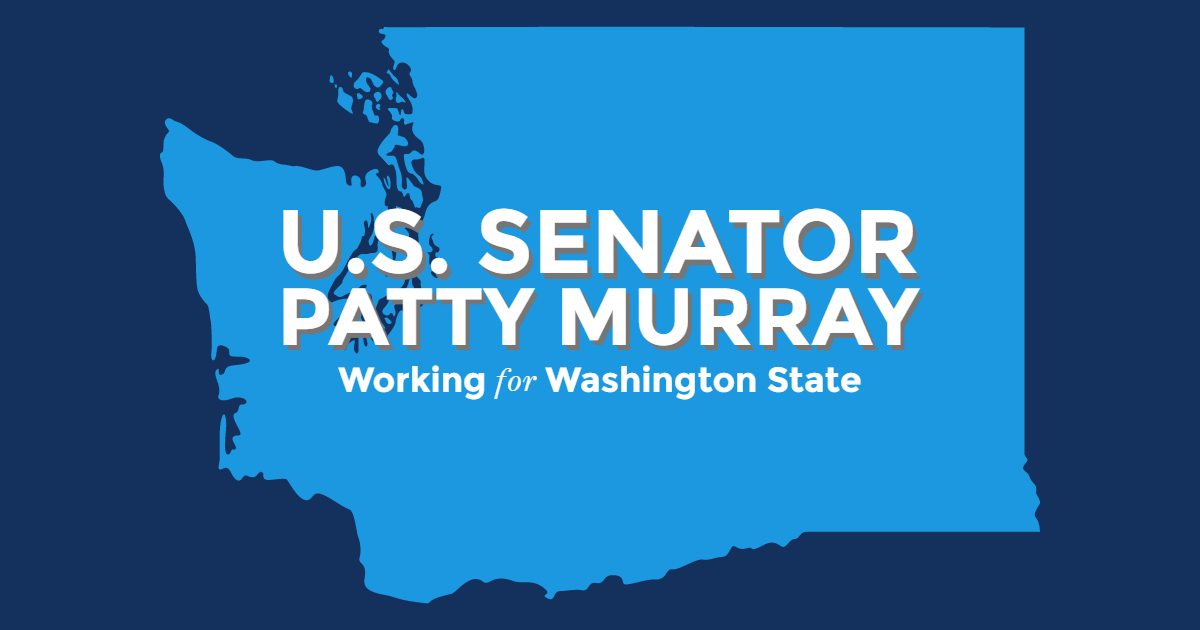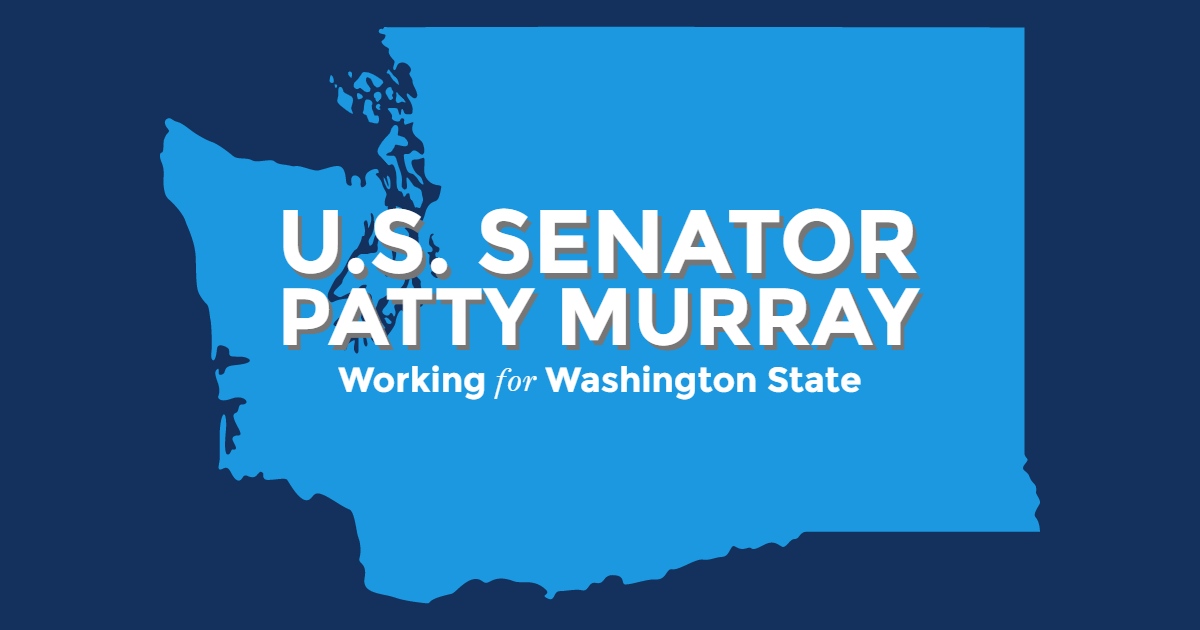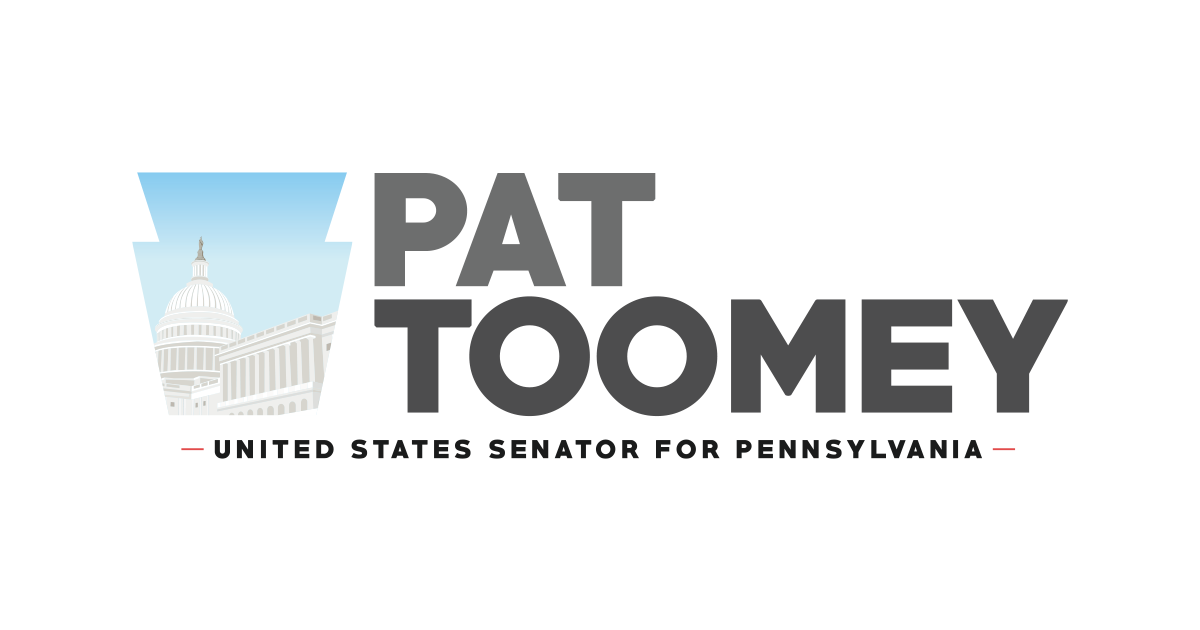Source: United States Senator for Washington State Patty Murray
The U.S. Innovation and Competition Act will make largest R&D investment in generations and secure critical federal funding for domestic manufacturing of semiconductors and other crucial technology
Senator Murray: “This bill will help ensure Washington state remains a leader in innovation, research, and scientific achievement.”
(Washington, D.C.) – U.S. Senator Patty Murray (D-WA), the Chair of the Senate Health, Education, Labor and Pensions (HELP) Committee, applauded Senate passage of the bipartisan U.S. Innovation and Competition Act. The bill passed the Senate 68-32.
“I want to ensure the technologies of the present and the future are made and developed here in Washington state,” Senator Murray said. “As the home of two of the country’s premier research institutions, numerous semiconductor and aerospace manufacturers, and even more technology and communications companies, this bill will help ensure Washington state remains a leader in innovation, research, and scientific achievement. This means more good paying jobs, more investment, and greater economic prosperity overall in Washington state to make sure we can compete in an increasingly global economy.”
The U.S. Innovation and Competition Act seeks to maintain and build on U.S. science and technology leadership by authorizing nearly $200 billion in investments in research and development and strengthening regional economic development, manufacturing, and supply chains. This includes major investments in semiconductors, aerospace, and other industries based in Washington state.
The U.S. Innovation and Competition Act includes the following investments and provisions:
- CHIPS for America Fund: $49.5 billion to implement the Commerce Department semiconductor incentive and R&D programs, which would be a significant boost to Washington state’s burgeoning semiconductor industry by helping increase domestic production while also benefitting U.S. end users that rely on this technology including many major Washington state employers like Amazon, Microsoft, and more. This includes:
- $39 billion to implement R&D programs with $2 billion to solely focus on legacy chip production to advance the economic and national security interests of the United States.
- $10.5 billion to implement Commerce R&D programs, including the National Semiconductor Technology Center (NSTC), National Advanced Packaging Manufacturing Program, and other R&D programs.
- CHIPS for America Defense Fund: $2 billion to provide support for R&D, testing and evaluation, workforce development, and other related activities, in coordination with the private sector, universities, and other federal agencies to support the needs of the Department of Defense and the intelligence community.
- CHIPS for America International Technology Security and Innovation Fund: $500 million to coordinate with foreign government partners to support international information and communications technology security and semiconductor supply chain activities.
- Technology Directorate: $29 billion to create a new Directorate of Technology and Innovation at the National Science Foundation (NSF) to support research and technology development in key technology focus areas, such as artificial intelligence and quantum science, in order to strengthen the global leadership of the United States in innovation.
- NSF Research and Development Programs: $52 billion for existing NSF activities, an important boost in funding that would greatly benefit research done at both the University of Washington and Washington State University. The legislation would also create a Chief Diversity Officer at NSF and increase STEM education to enhance the domestic STEM workforce.
- Regional Technology Hubs: $10 billion to create a regional technology hub program at DOC to support regional economic development in innovation. Technology hubs would carry out workforce development activities, business and entrepreneur development activities, technology maturation activities, and infrastructure activities related to the technology development.
- Manufacturing: $2.4 billion to authorize close to a quadrupling of the DOC Manufacturing Extension Partnership and create a new track within the program for public benefit activities like workforce development and cybersecurity services. Would also authorize the Manufacturing USA program at $1.2 billion, and add workforce and coordination provisions.
- Department of Energy: $16.9 billion for the Department of Energy for R&D and energy-related supply chains in key technology areas. As a part of this funding, Senator Murray worked to obtain separate funding for Department of Energy National Labs in the bill, which will specifically benefit PNNL’s research in areas like quantum computing and high performance computing, biotechnology, genomics, materials science, cybersecurity, and clean energy.
- 5G: $1.5 billion to implement the USA Telecommunications Act to foster U.S. innovation in the race for 5G, a critical investment for Washington state’s telecommunications industry.
- Promotes Trade: Renews the Generalized System of Preferences (GSP) and the Miscellaneous Tariff Bill (MTB), both of which expired at the end of last year. The GSP would eliminate tariffs on goods imported from countries struggling economically, giving Washington state importers access to important inputs and materials, supporting jobs, and keeping consumer prices lower. The MTB reduces or suspends duties that cannot be readily found in the U.S. or would cause a significant revenue hit, boosting Washington’s trade-heavy economy and businesses.
###







